What do we want? A general election. When do we want it? Now.
I can’t see any other way for the daily disaster unfolding at Westminster to be brought to an orderly resolution.
Instead of having our faces pressed up against the window watching this horror show, it’s time for the electorate to be in charge.
According to Jeremy Hunt, the latest Chancellor of the Exchequer – the fourth in as many months – the UK faces decisions of “eye-watering difficulty” in terms of spending cuts and tax rises.
And yet this government has no real legitimacy to impose its choices on people.
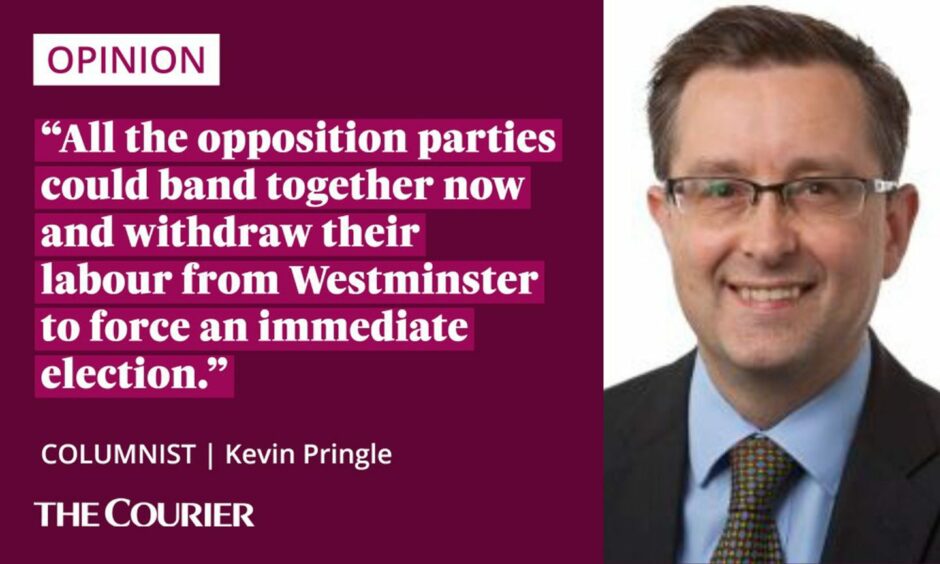
Like the paradox of the grandfather’s axe (“this was my grandfather’s axe; my father replaced the handle and I replaced the head”), the Tory government at Westminster has changed and changed again since what seems like that long-ago election of 2019.
Tories don’t want a general election
Mr Hunt ripped up the mini-budget of his predecessor, Kwasi Kwarteng.
Even members of the Conservative Party – that tiny sliver of the electorate – are getting the exact opposite of what they voted for when they foisted Liz Truss on the country as prime minister.
The Chancellor and his colleagues argue that we shouldn’t have an election at present because it would cause “instability”.
I suspect the real reason is because it would cost Tory MPs their seats.
Democracy is all about enabling change.
In any event, the current situation is anything but stable.
Politically it is unsustainable.
But we should be way beyond just thinking about replacing Ms Truss with another Conservative occupant of 10 Downing Street.
People want more meaningful change, as evidenced by the collapse of Tory support in the polls and Labour’s stratospheric lead south of the border.
General election would force all parties to address current crisis
There are big decisions to be taken about how to deal with the crisis that Ms Truss and Mr Kwarteng inflicted on us all.
The circle of decision-making as to what these measures should be needs widening to encompass every single voter.
So because a bunch of unelected right wing zealots trashed the economy, we’re back to austerity & all its miseries? Please RT if you want a general election now.
— Rachel Clarke (@doctor_oxford) October 17, 2022
Full details about the state of the country’s books, compiled by the Office for Budget Responsibility, ought to be published as soon as possible, so that the political parties can cost their proposals and put them to the people for choosing.
An election campaign would also put every party on the spot to answer key questions about tax and spending, including the extent to which people will be helped with fuel bills beyond winter.
If opposition politicians are serious about wanting a general election, they could bring it about by ceasing to play the Westminster game, citing the democratic bankruptcy of this government.
In order to function, the British parliament needs what is termed His Majesty’s Most Loyal Opposition, currently led by Keir Starmer.
During the Second World War, when Labour joined the all-party coalition and its leader Clement Attlee was in government, an official leader of the opposition had to be appointed from among the ranks of Labour MPs.
All the opposition parties could band together now and withdraw their labour from Westminster to force an immediate election.
There is, after all, always plenty to occupy them in their constituencies.
Extraordinary times call for extraordinary measures
What is going on just now is as much a crisis of democracy as it is a financial and economic mess.
Indeed, the two go hand in hand: the failings of British democracy and the flawed manner by which Ms Truss became prime minister in the first place brought about our present predicament.
MPs going on strike would be a radical move, but we are in extraordinary times.
A general election would not solve all the problems, but it is a necessary first step.
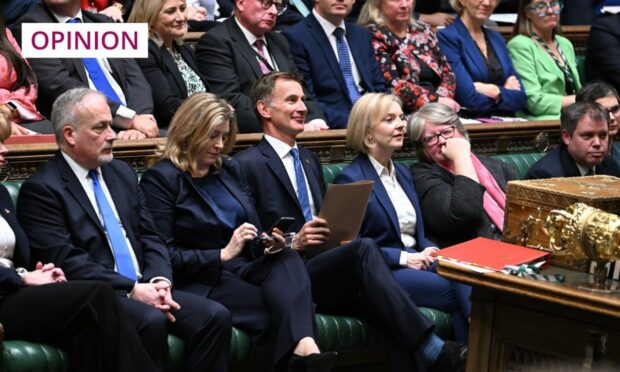
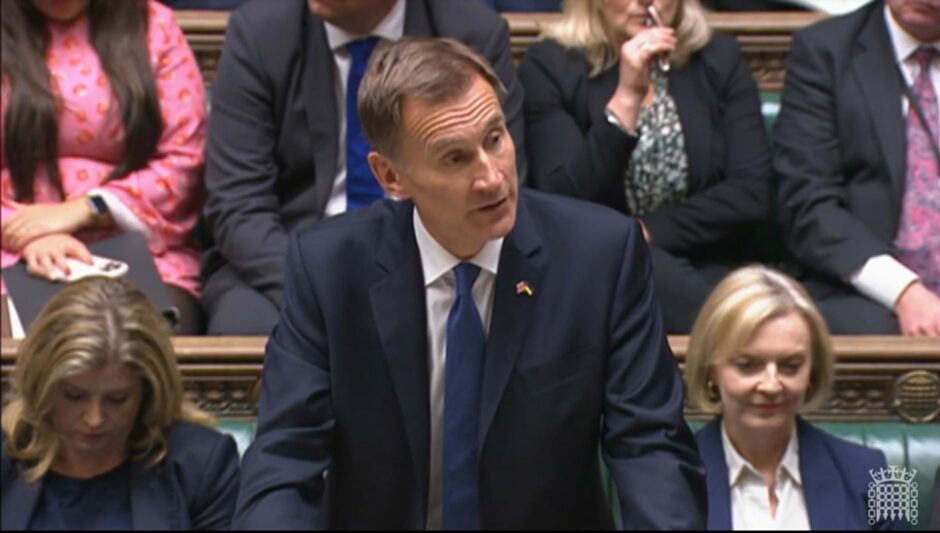
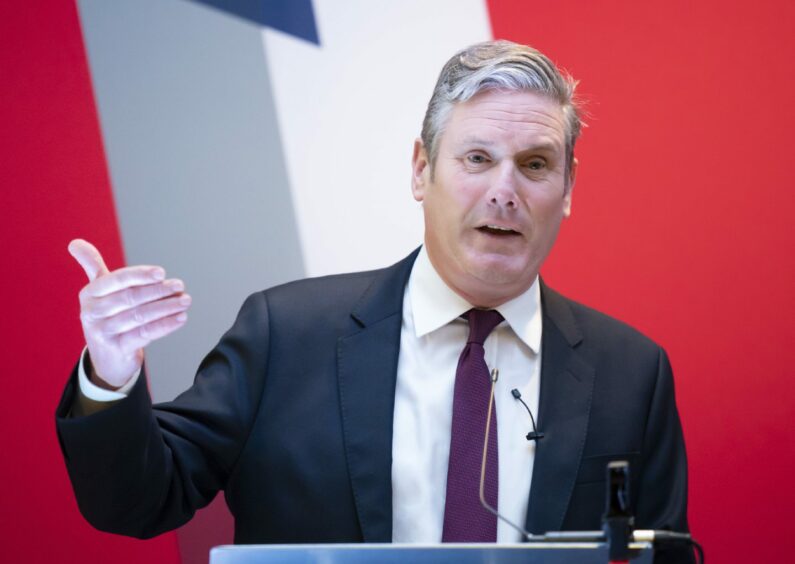








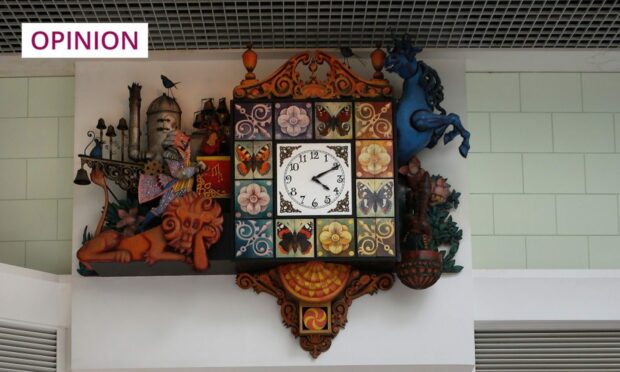
Conversation